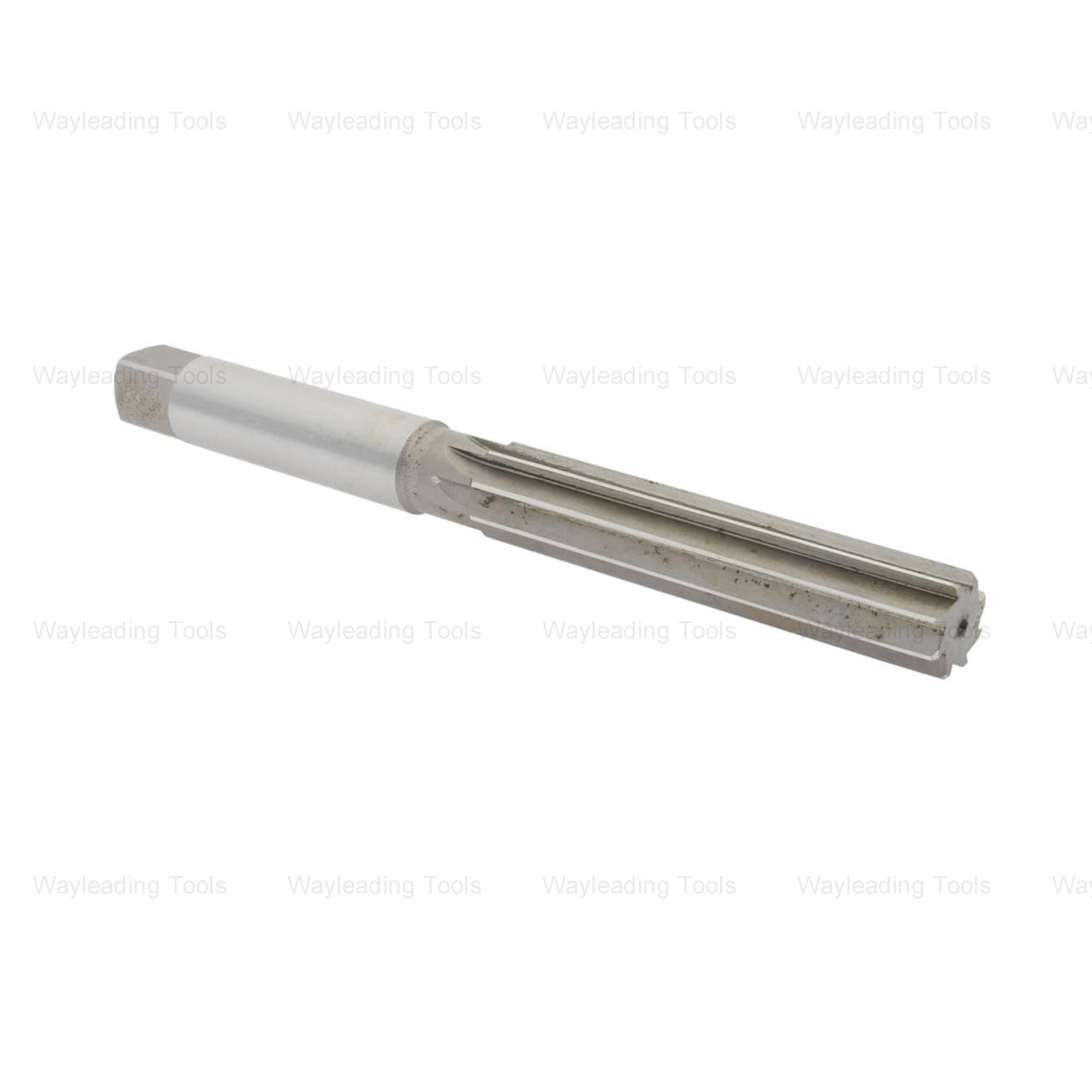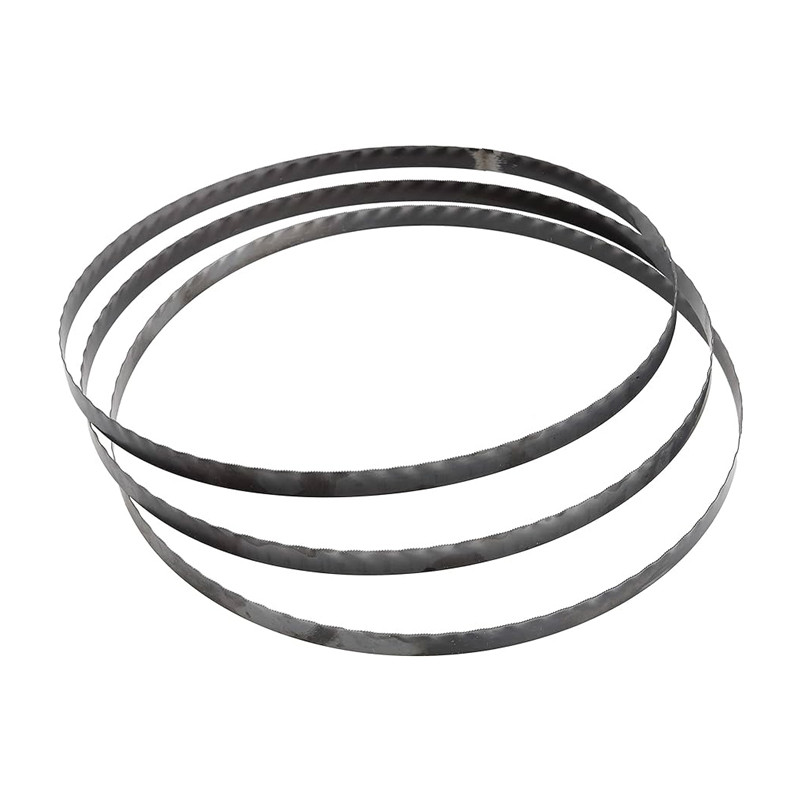face mill Supplier
Finding a reliable face mill supplier is crucial for ensuring the quality and efficiency of your milling operations. This guide explores the key factors to consider when selecting a face mill supplier, covering essential aspects like product quality, material options, cutting geometry, supplier reputation, and customer support to help you make an informed decision and optimize your machining processes.
Understanding Face Milling and Its Importance
Face milling is a machining process that uses a rotating cutter to create a flat surface on a workpiece. This process is widely used in various industries, including aerospace, automotive, and manufacturing, to produce components with precise dimensions and smooth finishes. Selecting the right face mill and, consequently, a reliable face mill supplier is vital for achieving optimal results.
The Role of a Quality Face Mill
A high-quality face mill ensures several benefits:
- Improved Surface Finish: A well-designed face mill produces a smoother surface, reducing the need for secondary finishing operations.
- Increased Material Removal Rate: Efficient cutting geometries allow for faster material removal, boosting productivity.
- Extended Tool Life: Durable materials and coatings prolong the lifespan of the face mill, reducing tooling costs.
- Enhanced Dimensional Accuracy: Precise cutting edges ensure accurate dimensions and tight tolerances.
Key Considerations When Choosing a Face Mill Supplier
Selecting the right face mill supplier requires careful evaluation of several factors. Here's a breakdown of the most important aspects:
1. Product Range and Quality
A reputable face mill supplier should offer a diverse range of face mills to suit different materials, applications, and machine types. The quality of the face mills is paramount, so look for suppliers that use high-quality materials and advanced manufacturing processes. Ideally, they would offer a range of indexable face mills to maximize cutter life and minimize down time.
2. Material Options
Face mills are typically made from materials like high-speed steel (HSS), carbide, and ceramic. Each material has its own strengths and weaknesses. Carbide face mills are generally preferred for their high hardness and wear resistance, making them suitable for machining a wide range of materials, including steel, stainless steel, and cast iron. HSS face mills are more cost-effective but are best suited for lower-speed applications and softer materials. Contact Wayleading Tools to discuss the best material for your application.
3. Cutting Geometry and Design
The cutting geometry of a face mill significantly impacts its performance. Consider the following:
- Number of Inserts: More inserts generally lead to a smoother finish and higher feed rates.
- Insert Shape: Different insert shapes (e.g., square, round, triangular) are suited for different materials and cutting conditions.
- Rake Angle: The rake angle affects the cutting force and chip formation. Positive rake angles are generally preferred for softer materials, while negative rake angles are better for harder materials.
4. Supplier Reputation and Experience
Choose a face mill supplier with a solid reputation and extensive experience in the industry. Look for suppliers with positive customer reviews, testimonials, and a proven track record of delivering high-quality products and services. A good supplier should also have a knowledgeable team that can provide technical support and guidance.
5. Customer Support and Service
Excellent customer support is essential. A reliable face mill supplier should offer timely and helpful assistance with product selection, application advice, and troubleshooting. They should also have a clear and efficient process for handling returns and warranty claims.
6. Pricing and Availability
While price shouldn't be the sole determining factor, it's essential to consider the cost-effectiveness of different face mill suppliers. Compare prices from multiple suppliers and factor in the quality, performance, and lifespan of the face mills. Also, ensure that the supplier has adequate stock levels and can deliver the face mills in a timely manner.
Comparing Face Mill Inserts
Different face mill inserts offer varying performance characteristics. Here's a comparison of common insert types:
| Insert Type | Material | Application | Pros | Cons |
|---|---|---|---|---|
| Carbide | Tungsten Carbide | Steel, Stainless Steel, Cast Iron, Aluminum | High hardness, wear resistance, versatility | More expensive than HSS |
| HSS | High-Speed Steel | Aluminum, Soft Steels | Cost-effective | Lower hardness and wear resistance, lower speeds |
| Ceramic | Silicon Nitride | Hardened Steels, Cast Iron | Excellent high-temperature performance, high cutting speeds | Brittle, sensitive to impact |
Making the Right Choice
Choosing the right face mill supplier involves careful consideration of your specific needs, budget, and application requirements. Prioritize suppliers that offer a wide range of high-quality face mills, excellent customer support, and competitive pricing. By following the guidelines outlined in this guide, you can select a face mill supplier that will help you optimize your machining operations and achieve superior results.
Related products
Related products
Best selling products
Best selling products-
 Digital Depth Gauge With Stainless Steel For Industrial Type
Digital Depth Gauge With Stainless Steel For Industrial Type -
 CCMT Turning Insert For Indexable Turning Tool Holder
CCMT Turning Insert For Indexable Turning Tool Holder -
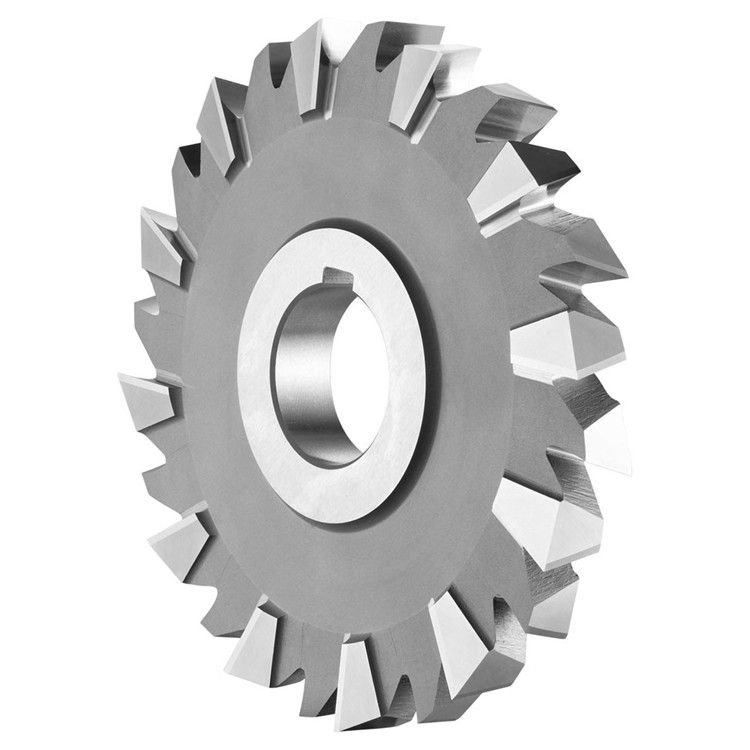 HSS Metric Side Milling Cutter With Bright Or TiN And TiAlN Coated
HSS Metric Side Milling Cutter With Bright Or TiN And TiAlN Coated -
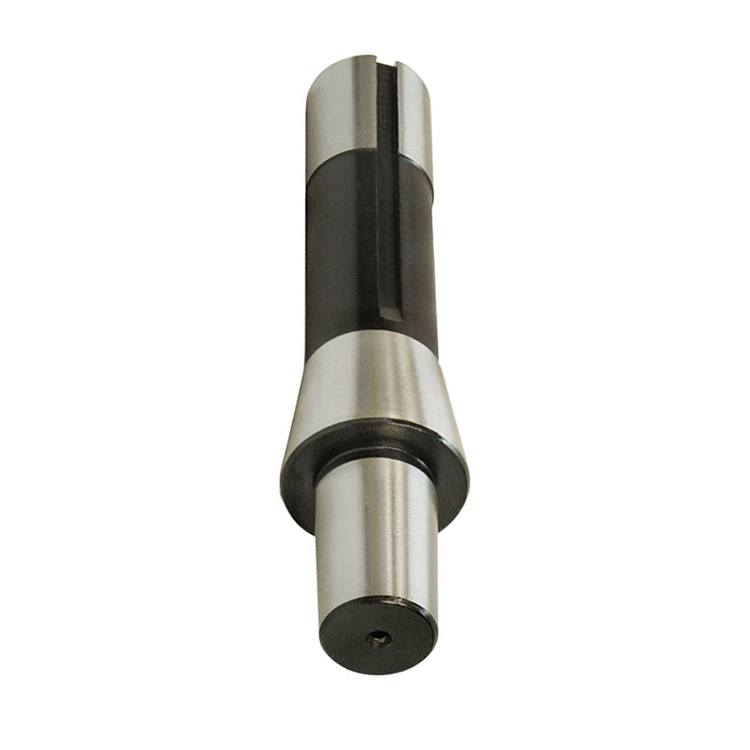 R8 Drill Chuck Arbor For Milling Machine
R8 Drill Chuck Arbor For Milling Machine -
 DIN6537L Metric Solid Carbide Twist Drill With Internal Coolant & External Coolant
DIN6537L Metric Solid Carbide Twist Drill With Internal Coolant & External Coolant -
 Precision V Block And Clamps Set With Customized Type
Precision V Block And Clamps Set With Customized Type -
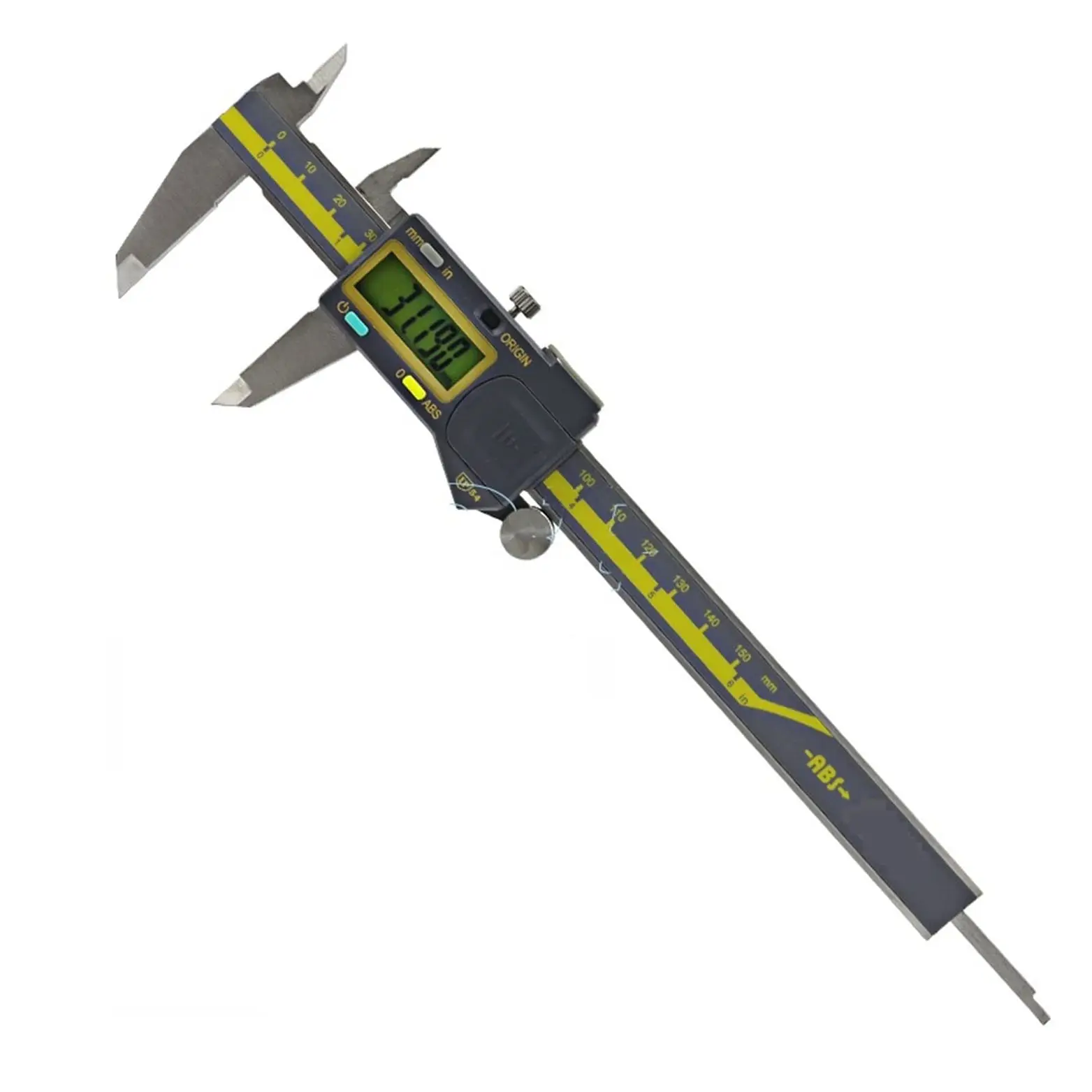 Precision IP54 Digital Caliper With Data Output For Industrial
Precision IP54 Digital Caliper With Data Output For Industrial -
 Precision Expanding Mandrel From 9/16″ to 3-3/4″
Precision Expanding Mandrel From 9/16″ to 3-3/4″ -
 Type H Flame Tungsten Carbide Rotary Burr
Type H Flame Tungsten Carbide Rotary Burr -
 DIN333A HSS Center Drills With Milled & Fully Ground Flute
DIN333A HSS Center Drills With Milled & Fully Ground Flute -
 Precision Magnetic Base With Fine Adjustment For Dial Indicator
Precision Magnetic Base With Fine Adjustment For Dial Indicator -
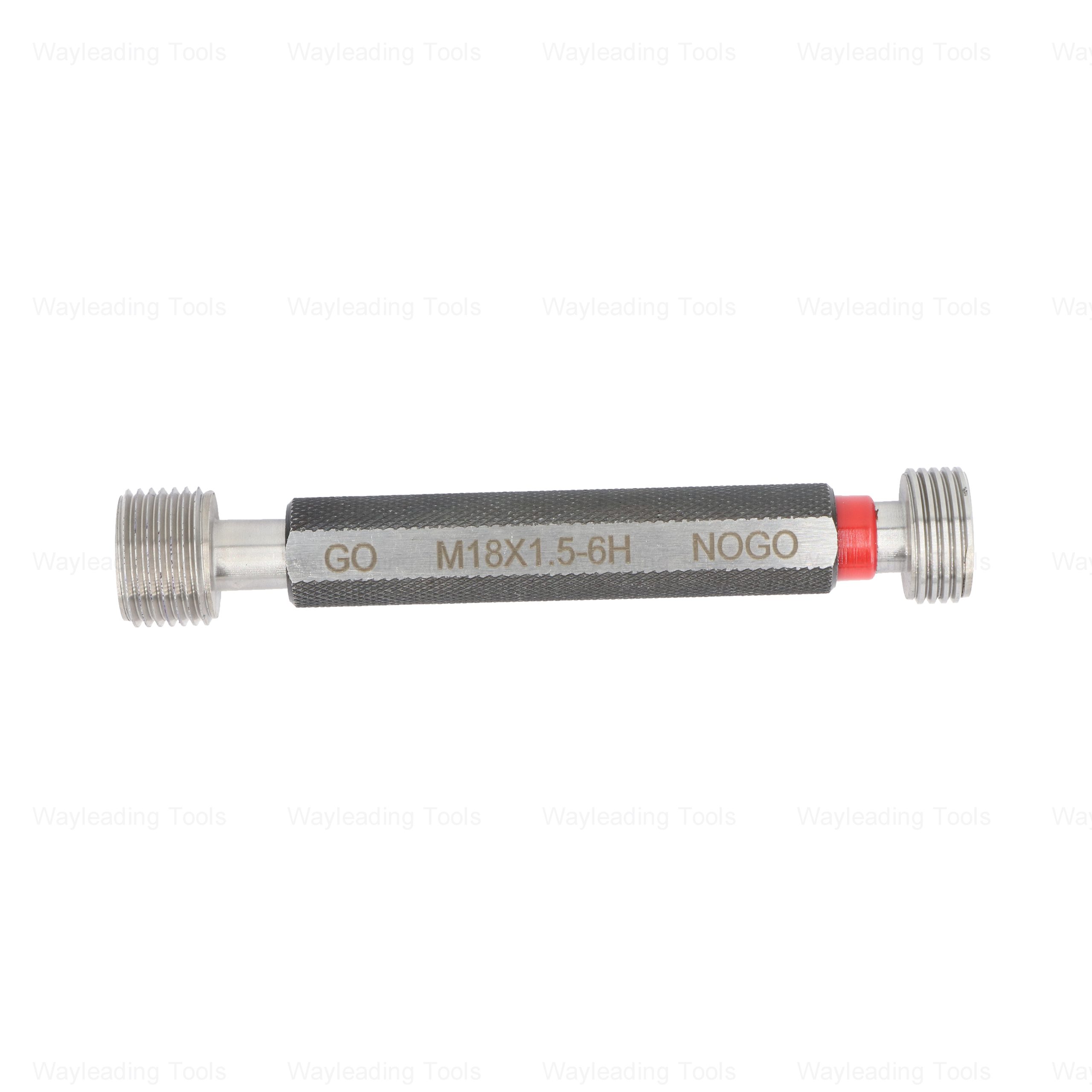 High-Precision Metric Thread Plug Gauge – 6H Class, GO & NO-GO Ends
High-Precision Metric Thread Plug Gauge – 6H Class, GO & NO-GO Ends


